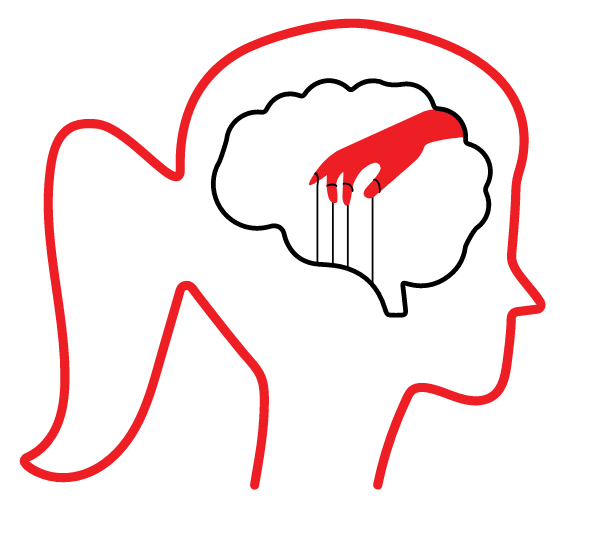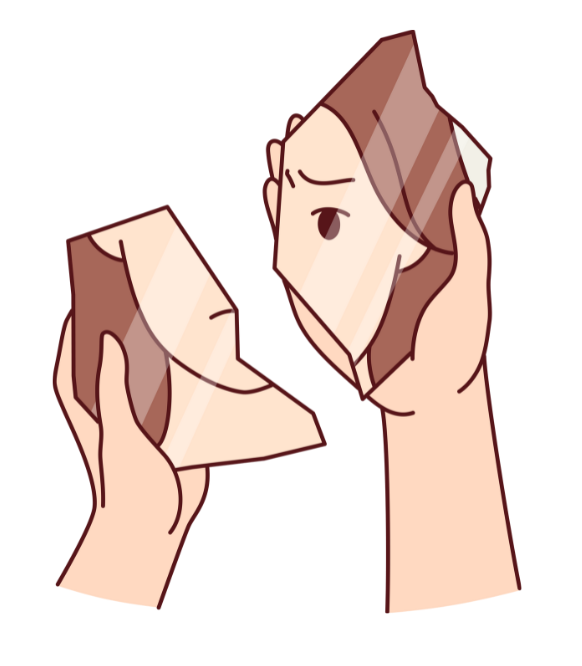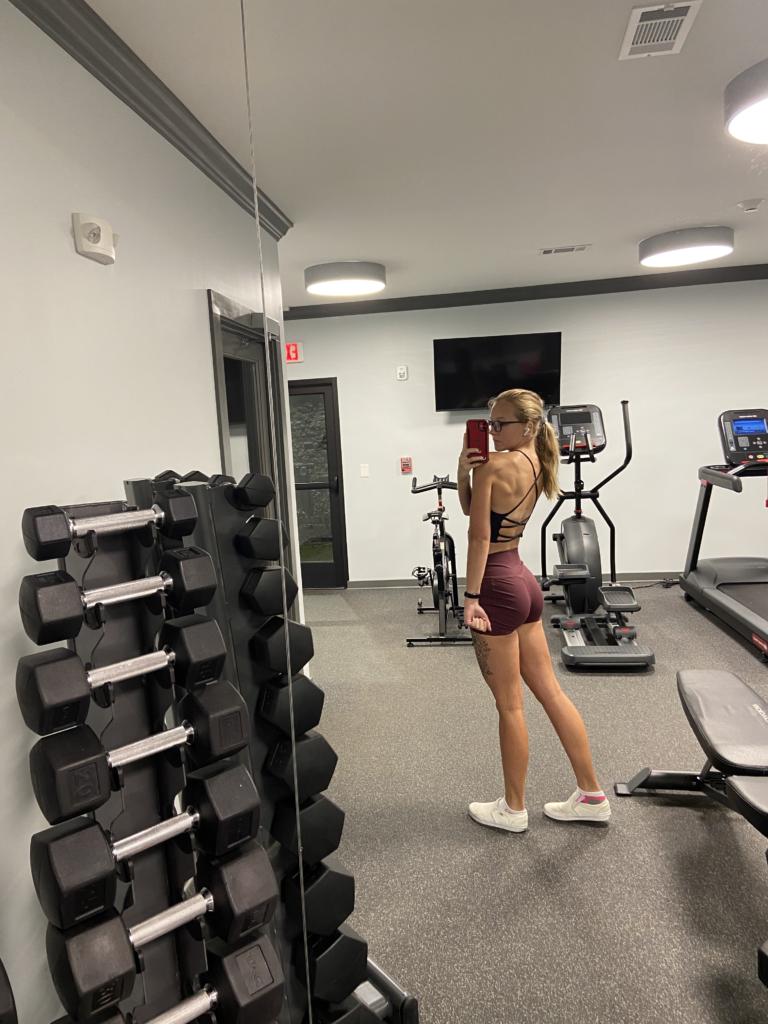From the moment I wake until I fall asleep, my inner voices haunt me, each one representing a different facet of my internal struggle. Though their tones vary, they all share the same goals: to control my actions, prevent failure, and shield me from perceived judgment. Ironically, these voices have turned my mind into a battleground, where I am my own worst enemy.
This constant inner conflict gives me a false sense of safety and control, but it comes at the expense of my self-worth and identity. I’ve worn so many masks to maintain a façade of normalcy that I don’t know who I am beneath them. My journey isn’t just about silencing these voices; it’s about unmasking the real me and reclaiming the life they’ve tried to control.
The Voice of Control: The Master Manipulator

The Voice of Control dominates my thoughts, pushing me to maintain an iron grip on every aspect of my life. It whispers that letting go would mean losing everything I’ve worked for. This voice is the puppet master behind the scenes, pulling the strings of my behaviors and fueling the other voices that torment me.
The Disordered Eating Voice: An Unrelenting Monitor
The Disordered Eating Voice has been with me for as long as I can remember, constantly critiquing every bite I take. It convinces me that my worth is tied to numbers — calories, macros, weight. This voice instills fear — fear of eating the wrong thing, of losing control, of descending into the darkness.
This voice has turned food, something that should nourish and sustain, into a mental warzone. Every meal is a negotiation, every indulgence a failure. It tells me that I’m weak if I give in to hunger and unworthy if I don’t follow strict rules. The more I listen, the more disconnected I become from my own body, unable to trust its signals or needs.
When I fail to meet its demands, its whispers grow louder. Amid the chaos within, I’ve discovered that this voice that seeks to destroy me is not my own; instead, it’s a twisted distortion masking the real me.
The Compulsive Exercise Voice: A Merciless Drill Sergeant
Alongside the voice of disordered eating is the voice of compulsive exercise. This merciless drill sergeant demands perfection through physical exertion. It tells me that I must earn my food, that I can only rest after pushing my body to its limits. Exercise, it says, is not a choice but an obligation — a way to compensate for eating.
This voice doesn’t care about my well-being; it only cares about control. It thrives on punishment, turning what should be a source of joy and health into a relentless pursuit of unattainable goals. It leaves me exhausted, both physically and mentally. No matter how hard I push, it always demands more, insisting that I’m still not doing enough.
The Voices of Guilt & Shame: The Abyssal Tormentors
The voices of guilt and shame are merciless tormentors, amplifying every misstep and imperfection. Under their constant scrutiny, I find it hard to forgive and accept myself. The echoes of guilt and shame drown me in waves of regret and self-loathing. I feel trapped in my own skin, wishing I could escape.
Their voices anchor me to past mistakes, making it impossible to move forward or find peace. Day after day, they remind me how disgusting and insignificant I am. In the endless sea of life, I sink deeper and deeper until I become nothing more than scum on the ocean floor.
The Voice of Perfectionism: A Tyrant Masquerading as a Mentor
The voice of perfectionism is perhaps the most deceptive of all. It masquerades as a mentor, promising success and fulfillment if only I can achieve the impossible standards it sets. This inner critic tells me that anything less than perfect is a failure. It links my value to my accomplishments, viewing every mistake as unforgivable.
But perfectionism is a tyrant, not a mentor. It traps me in a cycle of anxiety and self-doubt, where every success is fleeting, and every failure is magnified. It convinces me that I must constantly strive for more. As a result, no matter how much I accomplish, I still feel empty and unfulfilled.
The Voice of Fear: A Paralyzing Force
The voice of fear keeps me stuck, afraid to move forward or take chances. It tells me that it’s safer to stay where I am, even if I’m unhappy. This voice thrives on doubt, convincing me that I’m incapable and that I’ll face rejection if I step out of my comfort zone.
Fear prevents me from pursuing my dreams or seizing opportunities. It locks me in a cycle of over-preparation or procrastination, where the fear of imperfection leads to inaction. This voice insists that the stakes are too high and that the risk isn’t worth the reward. Under its spell, I remain paralyzed, unable to fully engage with life.
The Voice of Inadequacy: A Constant Underminer

Beneath the surface of these louder voices is the quiet, pervasive voice of inadequacy. It’s subtle, but its impact is profound. This voice tells me I’m not enough — that no matter what I do, it will never be sufficient. It whispers that I’m flawed, unworthy, and lacking in some way.
This voice undermines my confidence and fuels my insecurities. It says that others are better and that I’ll never measure up. It feeds on comparison, constantly pointing out where I fall short. The more I listen, the more my self-confidence shatters, leaving me struggling to piece myself back together.
The Imposter Voice: Hiding Behind the Façade
Accompanying the voice of inadequacy are the whispers that repeat, “You don’t belong here.” This message has followed me in every area of my life — from the school playground to the corporate cubicle and even in social relationships. I always feel like I’m putting on an act, waiting for the moment when someone sees the “real me.” Ironically, I’m not even sure who the “real me” is. My entire identity has been consumed by these relentless inner voices that dominate my every move.
These voices make me feel like a stranger in my own life1, detached from both myself and others2. They create a constant tension between the person I present to the world and the one I fear I am beneath the surface. I’m terrified of letting anyone see the darkness within me — the many mental battles I’ve fought and the parts of myself I’ve tried so hard to hide. The imposter voice makes me feel like I’m always on the outside looking in, and it’s only a matter of time before I’m exposed.
Unmasking the Real Me: Silencing the Inner Voices
These voices have been my companions throughout my life, offering a false sense of comfort and calm amid the chaotic storm within me. They’ve woven an illusion of control around my life, convincing me that my self-worth can be measured and managed. But this illusion has shattered my self-identity, leaving me unsure of who I truly am. The masks I’ve worn to fit into society have hidden my authentic self, and silencing these voices feels impossible.
The challenge now is to rediscover and redefine myself beyond the distortions these voices have created. So, I ask myself, “Who am I really, when these masks come off, when the puppeteer’s strings are cut?” And the answer: I have no idea.



Pingback: Living on the Edge: The Invisible Battle with Suicidal Thoughts - Breanna Williams